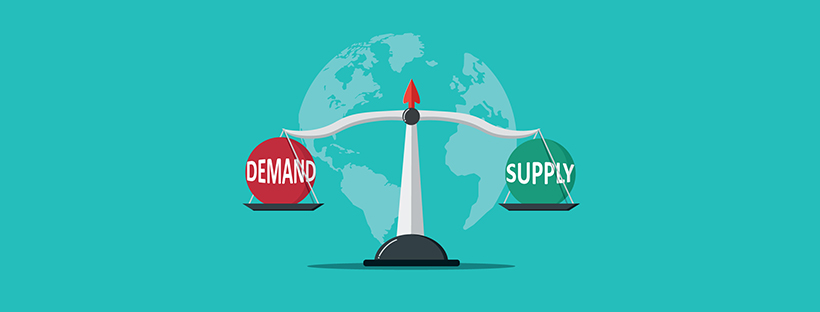- Basildon 01268244144
- Chelmsford 01245453800
- Colchester 01206217300
- London 020 4586 1280
Compulsory licences - demand meeting supply for patented products

Extraordinary times often call for extraordinary measures, and there is no more extraordinary time than that of the present. COVID-19 is leading to shortages of all manner of products, not least consumer articles such as hand sanitiser, pasta and toilet rolls. Often supermarkets are unable to stock their shelves quickly enough due to the increased demand from shoppers, even though there might be stock in warehouses or on order from abroad.
But what of more specialised products and equipment, for which demand is normally very low, such as ventilators, testing kits and certain pharmaceuticals? It has recently been reported that certain companies such as beer brewers, gin distilleries and luxury good producers are turning their hands to hand sanitiser production (pun unintended), and the UK government have issued a call to arms for engineering companies to produce ventilators.
What, however, is the story when it comes to patented products such as pharmaceuticals, testing kits or other medical equipment? Under normal circumstances, third party production of these materials that are protected by a patent would constitute an infringement for which action against these third parties could be taken.
Recently in Israel, the government issued a precedential permit for the use of three Israeli patents covering the drug KALETRA, an antiretroviral that is normally used for HIV but which has shown some efficacy with COVID-19.
Closer to home, there is provision in the United Kingdom Patents Act for the government to grant compulsory licenses, so that third party companies can produce patented products in situations where demand greatly outstrips supply.
Compulsory licences can be sought at any time after the expiration of three years from the date of grant of the patent, which is often long before a pharmaceutical hits the shelf. Certain grounds for obtaining a licence must be met and these include the present situation where demand for a patented product is not being met on reasonable terms. The Patents Comptroller then has discretion as to whether and on what terms to grant a compulsory licence.
There are certain other provisos to consider. An applicant for an exclusive licence must previously, without success and within a reasonable period, have made efforts to obtain a licence from the Patentee on reasonable terms and conditions.
The terms of a compulsory licence will be decided by the Comptroller on a case-by-case basis on the facts of the case and will be subject to certain World Trade Organisation conditions. If one of the grounds for compulsory licensing is established, the Comptroller may order the grant of a licence on such terms as the Comptroller decides or endorse the patent “licences of right”, so that anyone may work the patented product.
Clearly, when the circumstances dictate, there is action that governments can take to ensure the supply of products, even if protected by IP rights.
If you have any queries regarding licences or any other intellectual property matter, please contact our intellectual property team on 01206 217604 or ippost@birkettlong.co.uk

